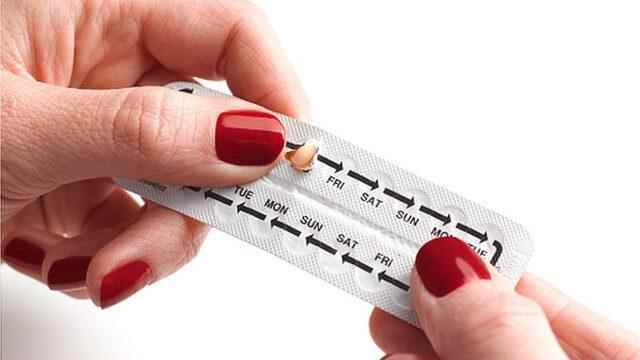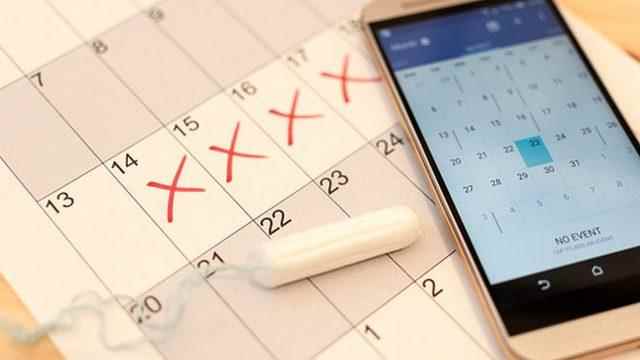The Electronic Frontier Foundation (EFF), which works on digital security and human rights in digital environments, says that women should be careful about sharing personal information when using applications that track their periods.
The right to abortion, known as ‘against Roe Wade’, which was nationally guaranteed nearly 50 years ago, has been jeopardized after a document was leaked in the US in recent days.
If the Supreme Court decides in the form of the opinions contained in the leaked document, the right to abortion can be withdrawn from women in 22 states of the USA.
In this context, some experts worry that mobile applications that track their menstrual periods will be used to detect and punish women who want to have an abortion.
Although it is not known exactly how these applications use the personal information they collect from their users, some are thought to sell this information to third parties.
It is reported that the information sold was later shared with large companies such as Google, Meta and Amazon.
“How personal information is stored should be well thought out”
EFF’s Cooper Quintin told the BBC: “We recommend that companies developing various applications in the field of menstrual tracking and sexual and reproductive health think carefully about how they can reduce the amount of personal information they obtain from their users and how they store this information,” he continues:
“The possibility of using this information as a surveillance tool in the future needs to be evaluated.”
These applications, which follow the menstrual cycles of women, have started to attract a lot of attention in recent years. The industry is predicted to reach a value of almost $50 billion by 2025.
Mobile applications that track menstrual periods are also used very often, especially by women who want to become pregnant, as they calculate ovulation days. Some women use apps to detect menopause.
Flo, one of the most popular applications, has more than 100 million users.
Flo asks women who are members about their menstrual frequency, whether they have had unprotected sex and their libido levels, and then saves this information on its platform.
It turned out that between 2016 and 2019, the company shared some health information from its users with big technology companies. Although Flo said that this was only done for analytical studies, this decision angered some users.
After the abortion rights debate in the USA, women who are members of various applications are worried that their personal information will be used against them in the future.
Some companies want to reassure their users.
Speaking to the BBC, Sweden-based “digital birth control” application Natural Cycles said, “Unlike applications that track menstrual periods, Natural Cycles is a birth control application that has very strict data privacy standards and has been approved by the US Food and Drug Administration (FDA). Our application is safe. and all information will continue to be stored.
Women want to know their rights
Rhian Lewis, the founder of a web platform that supports and shares information about abortion in the USA, says that the number of visitors has doubled in recent days.

Lewis says that many women call clinics to have abortions and want to get information about possible legal processes.
Lewis says, “There are three different dimensions to the issue. Who can find out who had an abortion through these apps, who can access information about their menstrual periods and what can they do with this information. These need to be observed,” says Lewis.
“We understand very well that people use such apps to track their periods. But it’s also very important for users to know the facts and be aware of the consequences.”
